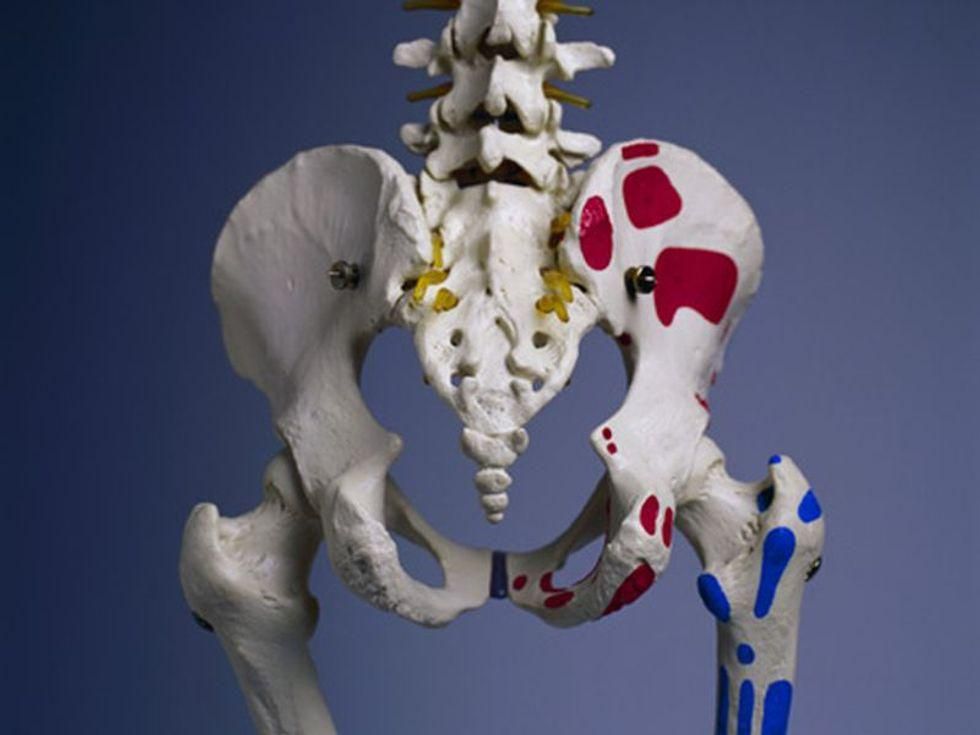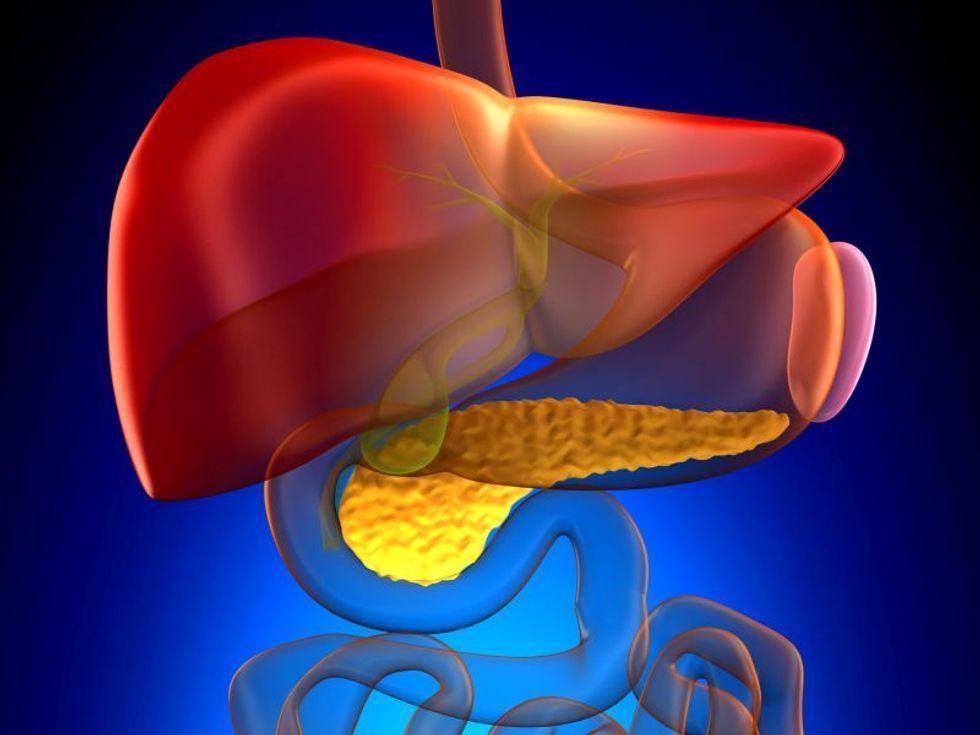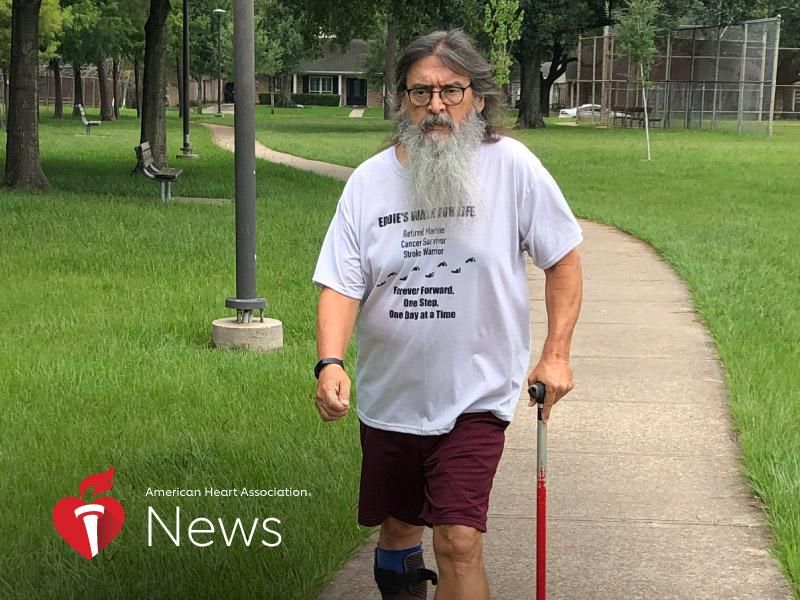
WEDNESDAY, Nov.10, 2021A key to reduced Alzheimer’s disease risk in women could be how much of the hormone estrogen they’re able to stockpile over the years, new research suggests. Certain lifetime choices — such as having more children, taking hormonal birth control or taking hormone therapy during menopause — mean that a woman has greater… read on > read on >






























